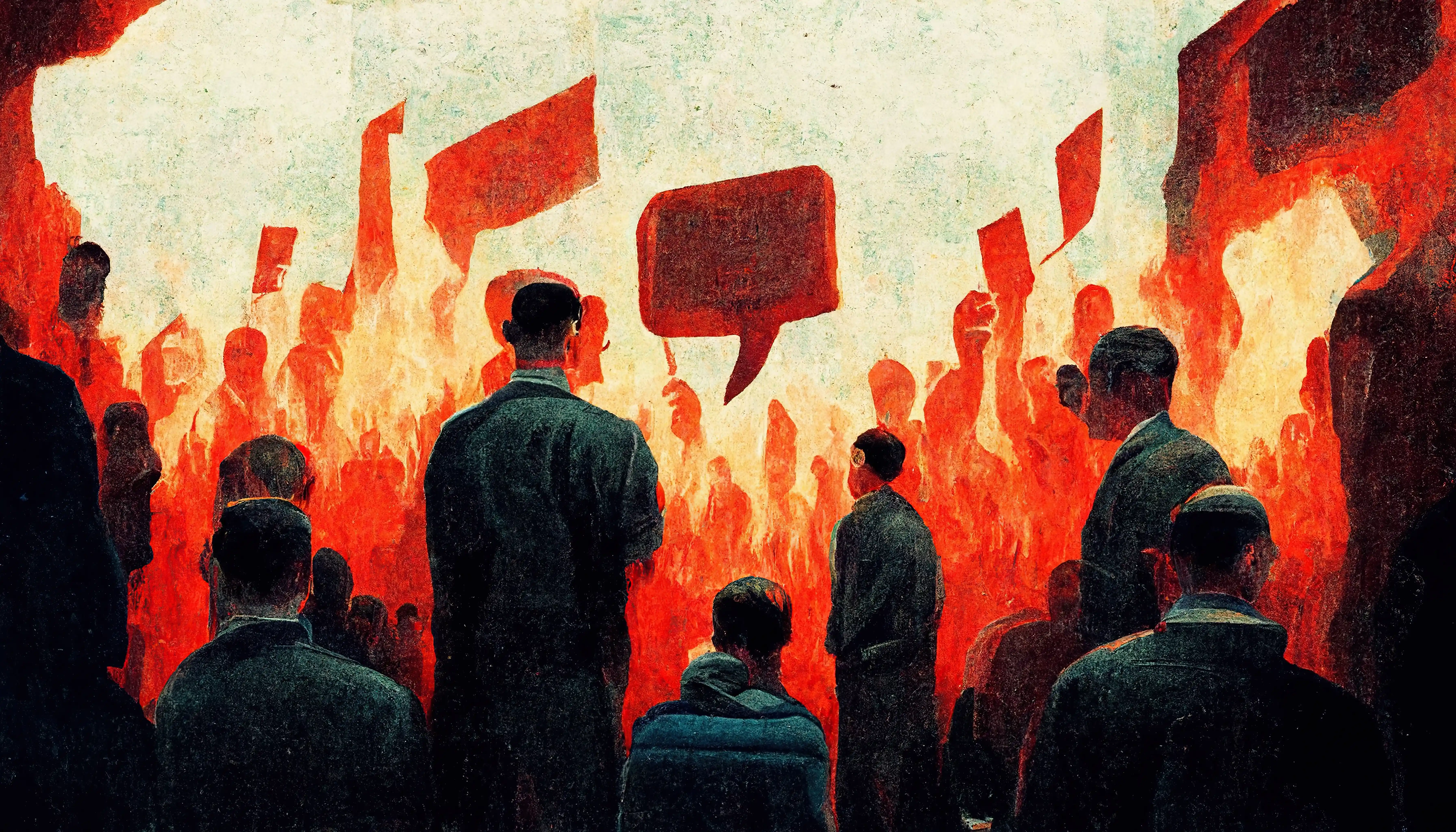Social media's diverse impact on defamation law

Beyond Freedom of Speech: The Evolution of Defamation Law in the Age of social media
As social media has entirely transformed how people communicate and share information, it has had an exceptionally profound impact on many areas of law. In particular, defamation, which is the act of communicating to a third-party a false statement about a person, place or object that damages its reputation through spoken or written means. Such statements constitute a crime.
Traditionally, defamation claims were based on statements made in newspapers, magazines or on television but with the rise of social media, they are increasingly being related to online statements made on Twitter, Facebook, and Instagram.
Making these remarks is simpler than ever as posts can be published with one press of a button and be seen by thousands, or even millions across the world, reshared to many more within minutes. The parties involved may also be located in different countries, each with their own legal framework for defamation claims which can make it difficult to determine which court has jurisdiction. As a result, social media has led to a proliferation of defamatory statements with those who utter these phrases often unaware of the legal repercussions of their acts. Anonymity and loose regulation damages the legal system’s ability to determine who is responsible and allows the defendant to claim that they were taking out of context.
Social media platforms may be held liable for defamatory statements made by their users, especially in cases where thy fail to remove the statements after being notified of their existence. However, the terms of service of the site, the steps it takes to control content, the legal frameworks in existence in the jurisdiction where the claim is being filed, and other aspects all have a role in how legally liable social media platforms are.
Despite these challenges, there are ways in which social media has in fact strengthened defamation law. For example, it is had made the documentation of defamatory statements much easier to support legal claims. It can also be used to hold people accountable by publicly calling out their behaviour and demanding that they rescind or apologise for their statements.
One incredibly public case was Depp v Heard, in which Johnny Depp filed a defamation suit against Amber Heard because of an op-ed she wrote in the Washington Post which he believed contained false allegations of domestic abuse. Several legal issues arose as a result. One of which is the issue of proof. In traditional cases, the complainant must prove that the defendant made false claims about them. However, in cases involving social media, determining whether a statement is false or is just an opinion is increasingly difficult. In Depp v Heard for example, Heard’s attorneys argued that the op-ed was simply an expression of opinion protected under the First Amendment. The case also raised questions about social media’s impact on public perception and to what extent can an individual control their own narrative. Depending on the number of followers an influencer has, they can shape public opinion in their favour, complicating the opposition’s ability to defend themselves against false allegations.
Depp v Heard has augmented the complex legal challenges that occur when social media and defamation law intersect. With the continued rise of social media’s influence on our lives it is likely that more and more cases like this will arise in the future. It will be a difficult job for legislators and legal authorities to navigate through the fog of difficulties and to strike a balance between protection of free speech and protection of individuals from false and harmful claims.